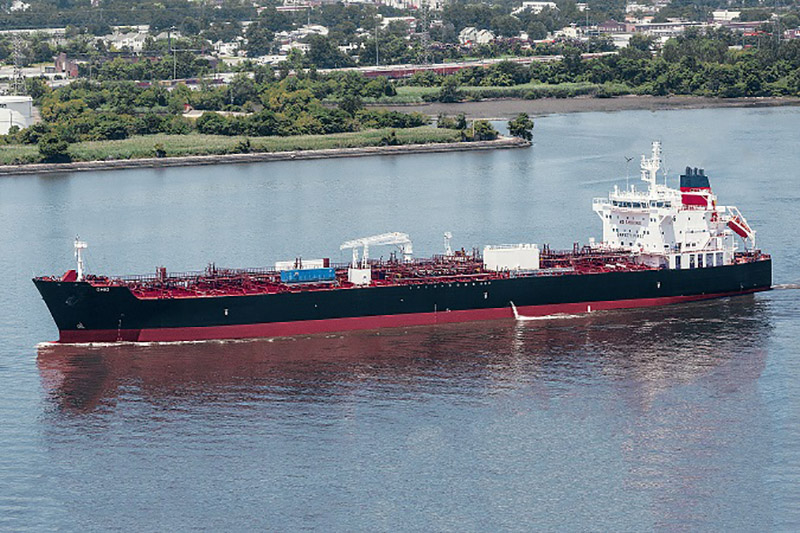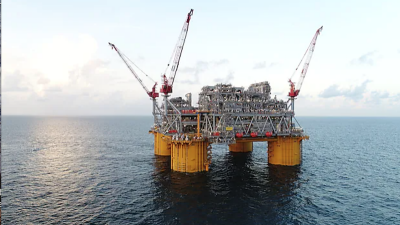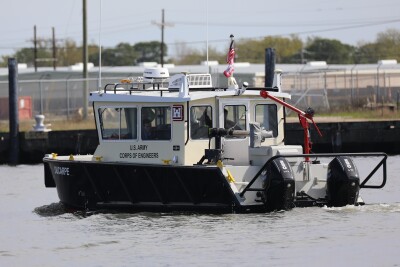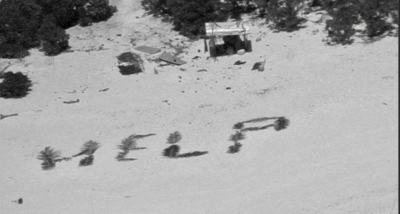During a nearly two-week September shutdown of the Colonial Pipeline that disrupted gasoline supplies in the Southeast, U.S.-flag tankers and barges provided coastal sealift to head off major fuel shortages.
“This was probably the biggest logistical problem since [Hurricane] Katrina” in 2005, said Tom Kloza, who heads global energy analysis at the Oil Price Information Service and has followed the industry since the 1970s.
“If this had happened in the middle of summer, or three months from now for diesel and fuel oil, it would have been much more severe,” Kloza said of the Sept. 9-21 disruption.
Had it stretched even another week, the strain on the gasoline distribution system may have been more serious. The breakdown of the 1.3 million bbls. a day pipeline between Texas and New Jersey slowed distribution across the South. As I traveled back from Charleston, S.C., in the midst of it, I watched nervous drivers topping off their tanks in the Carolinas.
“It’s crowd behavior,” Kloza said.
In the meantime, Crowley Maritime’s U.S.-flagged 600’x105’x40’, 50,000-dtw tanker Ohio had loaded at Marathon’s Texas City refinery and headed to New York, and other shippers were in action.
“There were barges going, a lot of traffic from New York to New England was diverted. A lot was going to Baltimore,” Kloza said. “We did see more than the usual action in Jones Act vessels, with a lot going to Savannah and Jacksonville.”
Retail gas prices in Georgia went up as much as 15 cents a gallon before the situation stabilized, enough to attract shipments of European-refined gasoline sold on the New York futures market. Analysts expect those tankers to arrive over the next 10 days.
Kloza called the Colonial Pipeline “the aorta of the (fuel) circulating system,” and said the shutdown episode illustrated one of its basic facts.
“We have an incredible glut of crude oil, but we don’t have an incredible glut of gasoline,” he said. “We have much more refinery capacity than we used to … but we have the same storage capacity as when the population was 100 million lighter.”
That makes the gasoline supply vulnerable to these kinds of disruptions, he added: “We are in no better shape in terms of downstream than we were with Katrina.”





